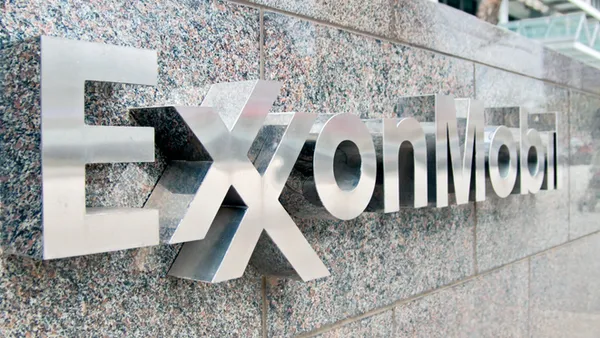Dive Brief:
- A defense claim by Airgas that it fired an employee in the honest belief he was using marijuana while on the job was knocked down by the 6th U.S. Circuit Court of Appeals because the specialty gas supplier never reasonably investigated the employee’s claim he failed a drug test because of his use of hemp to ease cancer treatment symptoms.
- The worker sued the company for disability discrimination after it fired him for a second positive test that found THC in his system. He had asked the company to check with the drug-testing company whether his hemp use could have been the cause of his failed test. The company never posed the question before firing him.
- “The employer need not show that it left ‘no stone unturned,’” Judge Raymond Kethledge said in the ruling by a panel of three judges. “But if the employer conducts no meaningful investigation, it cannot show the requisite ‘honest belief.’”
Dive Insight:
The company gave the employee a leave of absence to treat his liver cancer, so it knew he was ill. After he returned to work, he began to use a hemp product called Free Hemp to relieve treatment symptoms, although he didn’t share that information with the company.
When he tested positive for THC after a random drug test conducted by a third-party contractor, he disclosed his use of the hemp product and asked to be retested to rule out a false positive. He also asked the company to ask the contractor if hemp can lead to a false positive for THC. A key ingredient in hemp is THCA, a close relative to a key ingredient in marijuana, THC.
The company directed the contractor to conduct a retest, but instead of having the employee provide a new sample, it gave the contractor the previous sample. After the sample again tested positive for THC, the company fired the worker, who sued for disability discrimination.
The company asked for, and won, summary judgment in the district court, saying it acted in honest belief he was using marijuana on the job based on the second positive finding for THC.
In reversing summary judgment, the appeals court said the company couldn’t show honest belief if it didn’t make a reasonable effort to investigate the worker’s claim that the hemp could have caused the false positive. Although the company did pose the question to the contractor, and was told hemp would not have caused a false positive for THC, it didn’t investigate that until after it fired the worker.
The decision “really underscores for employers that they need to listen to their employees,” Sean Mack, an attorney with Pashman Stein Walder Hayden, told Bloomberg Law.
By ignoring the employee’s side of the story and carrying out its decision without first investigating the claim, the company remains on the hook to defend itself against the disability discrimination claim without having the honest belief defense available to it, Mack suggested.















